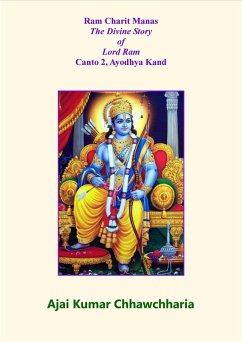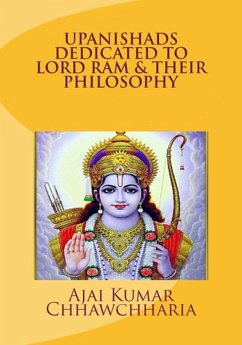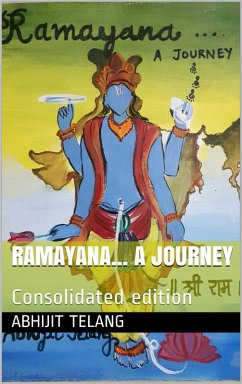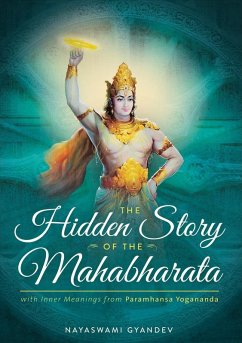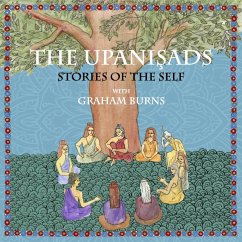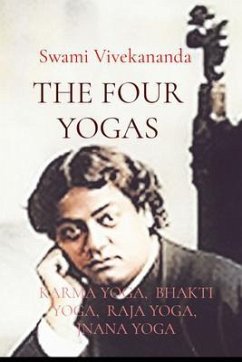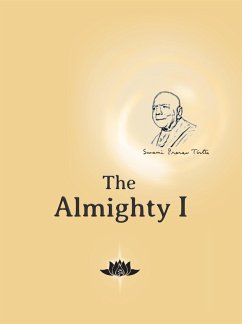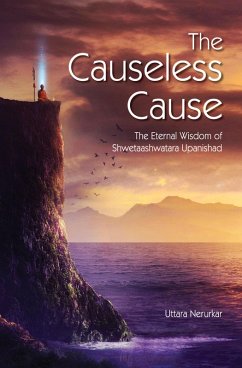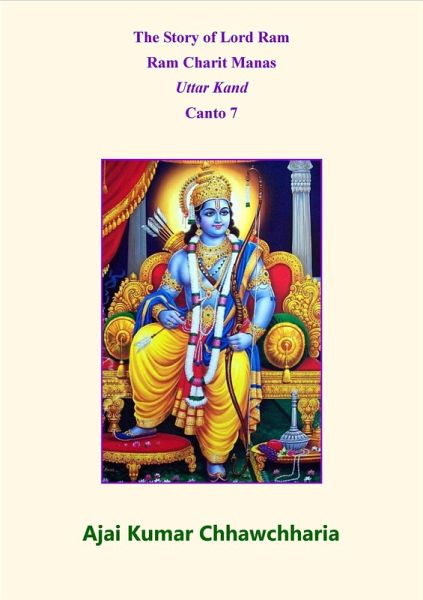
The Story of Lord Ram, Ram Charit Manas, Uttar Kand, Canto 7 (eBook, ePUB)

PAYBACK Punkte
0 °P sammeln!
The Canto no. 7 of the classical Story of Lord Ram, the Ram Charit Manas, is called Uttar Kand. It is the last Chapter of the Book, and is broadly divided into two parts as follows:-The 1st half of Canto 7: Arrival of Lord Ram and his companions at Ayodhya from Lanka aboard the airplane known as Pushpak. After the initial receptions and ceremonies, the Lord was anointed as the King-Emperor amidst celebrations and festivities. In due course of time, Lord Ram bid farewell to his friends who had come along with him from Lanka.Lord Ram established his famed 'Ram Rajya', the Rule of Dharma, through...
The Canto no. 7 of the classical Story of Lord Ram, the Ram Charit Manas, is called Uttar Kand. It is the last Chapter of the Book, and is broadly divided into two parts as follows:-
The 1st half of Canto 7: Arrival of Lord Ram and his companions at Ayodhya from Lanka aboard the airplane known as Pushpak. After the initial receptions and ceremonies, the Lord was anointed as the King-Emperor amidst celebrations and festivities. In due course of time, Lord Ram bid farewell to his friends who had come along with him from Lanka.
Lord Ram established his famed 'Ram Rajya', the Rule of Dharma, throughout his realm. It is regarded as the 'gold-standard' of good governance that was marked by righteousness and probity, welfare for all, and all-round prosperity and contentedness. During his time, Lord Ram would hold regular meetings or congregations where he would teach everyone about the great principles of Dharma, Spiritualism, Metaphysics, Theology etc., which benefited all those who listened to the Lord's discourses.
The 2nd half of Canto 7: Lord Shiva narrates to goddess Uma, his consort, the enlightening conversation between the saintly crow Kaagbhusund and Garud, the mount of Lord Vishnu, which is exceptionally spiritually fulfilling. This episode came to be known as the famous 'Kaagbhusund Ramayan' wherein many important principles and philosophies pertaining to devotion, metaphysics and spiritualism, as well as the path of liberation, deliverance, salvation and emancipation are discussed in depth in an easy and simple-to-understand way. This discourse is comparable to the Upanishads that are parts of the Vedas as both have a similar intent, for their aim is to explain these principles and philosophies for the benefit of spiritual aspirants and seekers of truthful knowledge.
Finally, the Book 'Ram Charit Manas' ends with offering of prayers to Lord Ram, and seeking the Lord's grace and mercy for one's spiritual well-being, stressing the fact that there is no living being in this world who has not benefited by submitting oneself before Lord Ram, and by worshipping and having devotion for him
With this we come to the end of the last Chapter, Canto 7, Uttar Kand, of the Book 'The Story of Lord Ram, Ram Charit Manas'. It ought to be noted that the Story of Ram Charit Manas is in 7 Cantos: Baal Kand, Ayodhya Kand, Aranya Kand, Kishkindha Kand, Sundar Kand, Lanka Kand, & Uttar Kand.
The 1st half of Canto 7: Arrival of Lord Ram and his companions at Ayodhya from Lanka aboard the airplane known as Pushpak. After the initial receptions and ceremonies, the Lord was anointed as the King-Emperor amidst celebrations and festivities. In due course of time, Lord Ram bid farewell to his friends who had come along with him from Lanka.
Lord Ram established his famed 'Ram Rajya', the Rule of Dharma, throughout his realm. It is regarded as the 'gold-standard' of good governance that was marked by righteousness and probity, welfare for all, and all-round prosperity and contentedness. During his time, Lord Ram would hold regular meetings or congregations where he would teach everyone about the great principles of Dharma, Spiritualism, Metaphysics, Theology etc., which benefited all those who listened to the Lord's discourses.
The 2nd half of Canto 7: Lord Shiva narrates to goddess Uma, his consort, the enlightening conversation between the saintly crow Kaagbhusund and Garud, the mount of Lord Vishnu, which is exceptionally spiritually fulfilling. This episode came to be known as the famous 'Kaagbhusund Ramayan' wherein many important principles and philosophies pertaining to devotion, metaphysics and spiritualism, as well as the path of liberation, deliverance, salvation and emancipation are discussed in depth in an easy and simple-to-understand way. This discourse is comparable to the Upanishads that are parts of the Vedas as both have a similar intent, for their aim is to explain these principles and philosophies for the benefit of spiritual aspirants and seekers of truthful knowledge.
Finally, the Book 'Ram Charit Manas' ends with offering of prayers to Lord Ram, and seeking the Lord's grace and mercy for one's spiritual well-being, stressing the fact that there is no living being in this world who has not benefited by submitting oneself before Lord Ram, and by worshipping and having devotion for him
With this we come to the end of the last Chapter, Canto 7, Uttar Kand, of the Book 'The Story of Lord Ram, Ram Charit Manas'. It ought to be noted that the Story of Ram Charit Manas is in 7 Cantos: Baal Kand, Ayodhya Kand, Aranya Kand, Kishkindha Kand, Sundar Kand, Lanka Kand, & Uttar Kand.
Dieser Download kann aus rechtlichen Gründen nur mit Rechnungsadresse in A, B, CY, CZ, D, DK, EW, E, FIN, F, GR, H, IRL, I, LT, L, LR, M, NL, PL, P, R, S, SLO, SK ausgeliefert werden.




